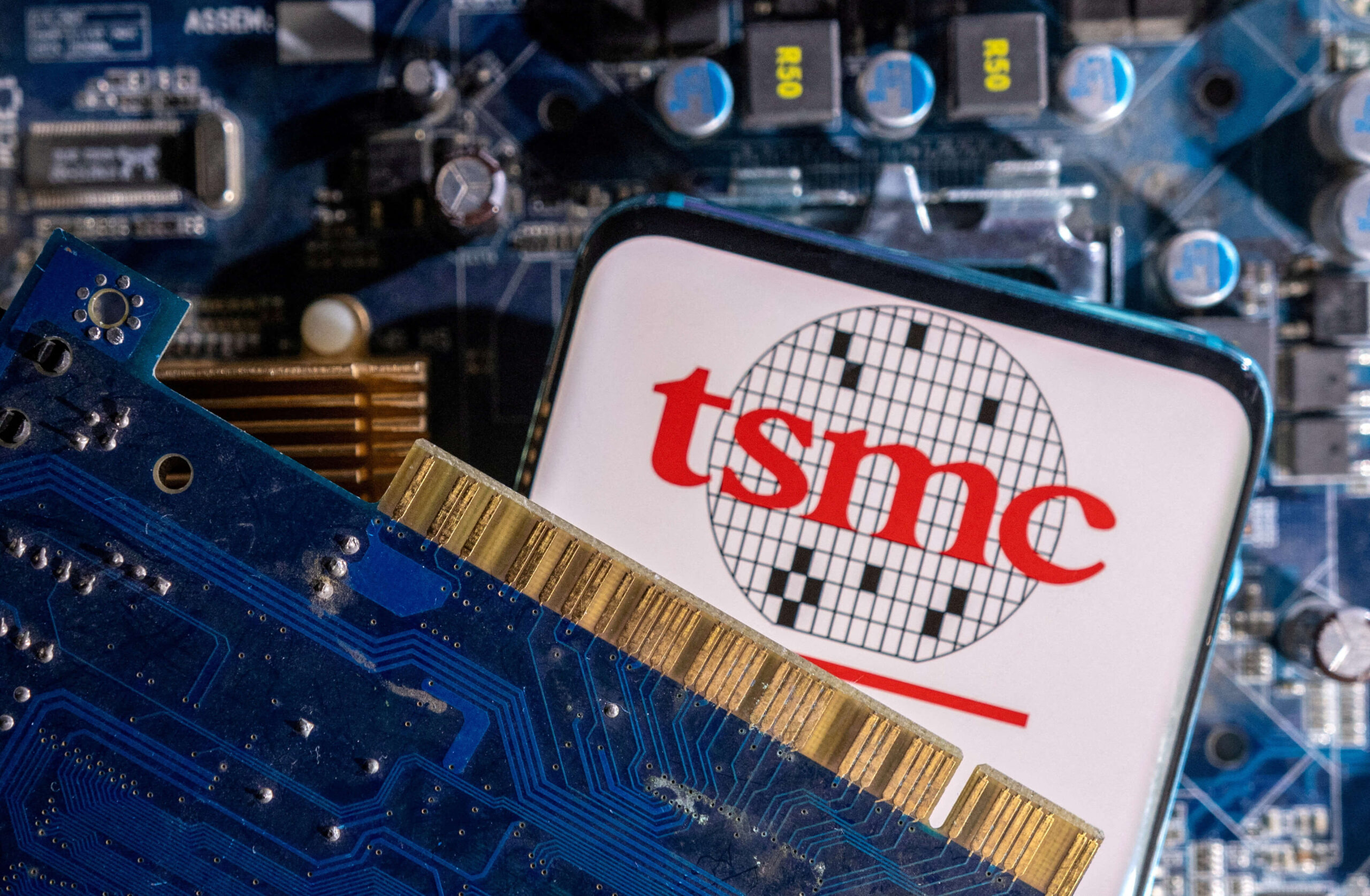On September 15, reports emerged indicating that Taiwan’s leading semiconductor manufacturer, TSMC (Taiwan Semiconductor Manufacturing Company), has issued directives to its primary suppliers, instructing them to delay the delivery of high-end chipmaking equipment. This decision comes as TSMC becomes increasingly concerned about the demand from its customers, sending ripples through the global technology supply chain.
The repercussions of this directive were immediately felt, as shares in companies closely linked to TSMC, including the Dutch-based ASML (ASML.AS), saw declines in their stock prices, responding to the news reported by Reuters. This move by TSMC, a company currently grappling with delays at its massive $40 billion chip manufacturing facility in Arizona, reflects a growing sense of caution regarding the future demand for semiconductor products, according to sources familiar with the matter.
Although suppliers have been informed of these delays, they anticipate them to be short-term in nature. However, due to the sensitivity of this information, the sources requested to remain anonymous as this information is not yet public knowledge.
TSMC, when contacted for comment, responded with a standard statement, stating they do not comment on “market rumor.” This stance is consistent with their practice of not engaging in speculative discussions.
The cautionary approach adopted by TSMC is rooted in several factors. The CEO of the company, C.C. Wei, acknowledged earlier in July that weaker global economic conditions, slower economic recovery in China, and softer demand in end-market segments have prompted customers to become more cautious, particularly in terms of inventory management.
Among the companies impacted by TSMC’s directive is ASML, renowned for manufacturing lithography equipment essential for high-end chip fabrication. In a recent interview, ASML’s CEO, Peter Wennink, revealed that certain orders for their high-end tools have been postponed, although he did not specify which companies initiated these delays. He suggested that this issue is likely to be a “short-term management” concern, emphasizing that ASML is currently operating at maximum capacity, with overall sales projected to grow by 30% this year.
The impact of this news was felt in the financial markets, with ASML shares declining by 2.5%, marking the company as the biggest loser in the eurozone STOXXE50 index. Similarly, ASM International (ASMI.AS), another equipment manufacturer and TSMC supplier witnessed a 5.6% drop in its stock price. BE Semiconductor (BESI.AS), a packaging equipment firm also linked to TSMC, experienced a 3.3% decrease in its share value.
This ripple effect extended to major U.S. semiconductor firms as well. Applied Materials (AMAT.O), KLA Corp (KLAC.O), and Lam Research (LRCX.O) all saw their premarket trading prices decline by between 2.2% and 2.6%.
Michael Roeg, an analyst at Degroof Petercam, commented on the market’s reaction, suggesting that the semiconductor industry’s enthusiasm, driven by artificial intelligence, may not be sufficient to offset challenges in other segments. He cited issues in mobile phone, laptop, industrial, and automotive chip markets, all of which are experiencing sluggish demand.
One factor contributing to TSMC’s challenges is the delay in production at its Arizona plant, now set to commence in 2025 instead of the original timeline. This delay is attributed to difficulties in recruiting workers and opposition from unions concerning efforts to bring in workers from Taiwan. ASML’s CEO, Peter Wennink, underscored the predicament, noting that when you relocate a substantial workforce from Taiwan to build a factory in Arizona, it creates a labor shortage in other areas, compounding the problem.
TSMC’s Chairman, Mark Liu, did express optimism about improvements at the Arizona site over the past five months, but concerns about demand persist.
TSMC is not alone in its apprehension that a recovery in demand might take longer than expected. Apple, a significant customer of TSMC, recently launched a new series of iPhones equipped with faster chips. However, the company opted not to increase prices, reflecting a subdued global smartphone market. Additionally, reports that Beijing has instructed some government employees to cease using iPhones at work and Huawei’s introduction of a flagship phone using Chinese-made chips have added to TSMC’s concerns.
It’s worth noting that TSMC previously manufactured chips for Huawei but halted supplies following U.S. sanctions against the Chinese company. Analysts have since discovered that Huawei collaborated with Chinese contract chipmaker Semiconductor Manufacturing International Corp (SMIC) to produce advanced chips for its latest smartphone.
In July, TSMC forecasted a 10% decline in sales for 2023 and a potential 4% point drop in operating margin for the current quarter, citing weak demand for smartphones, PCs, and uncertainties in the artificial intelligence market.
Furthermore, TSMC faces elevated capital expenditure, which rose by 21% to $36 billion in the previous year due to expansion plans established during the pandemic-induced surge in chip demand. The company estimated that its investment spending for the current year would be at the lower end of a previous forecast range, which stood between $32 billion and $36 billion and anticipated a slower increase in the coming years.
TSMC’s decision to delay chipmaking equipment deliveries to suppliers reflects its cautious outlook amid concerns about demand and market conditions. This move has sent shockwaves through the semiconductor industry and associated supply chains, with multiple companies experiencing stock price declines in response to these developments.





